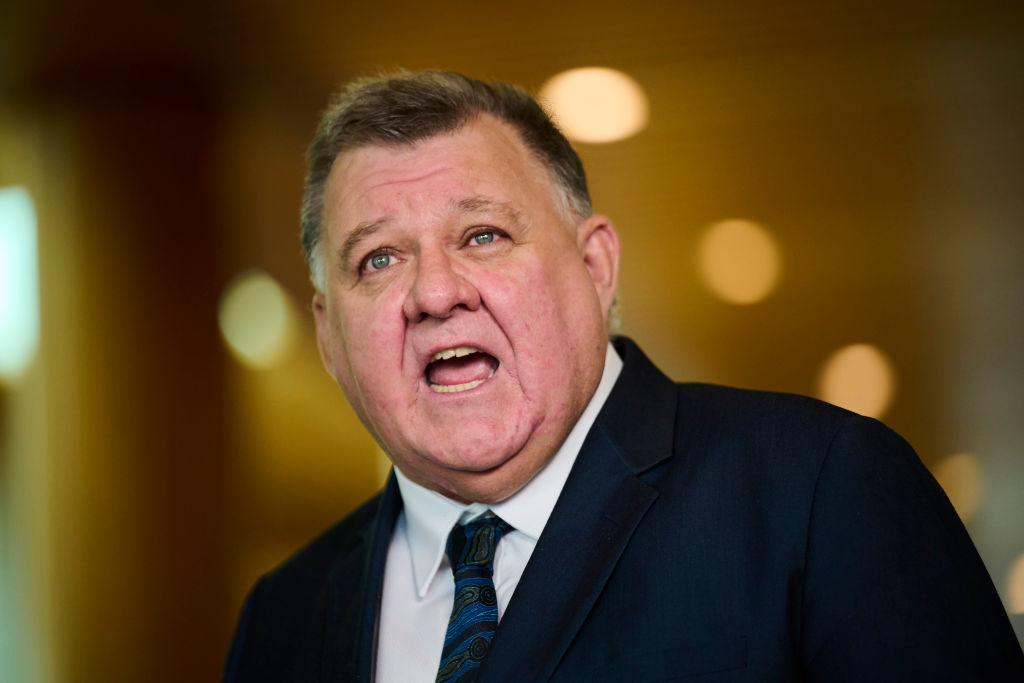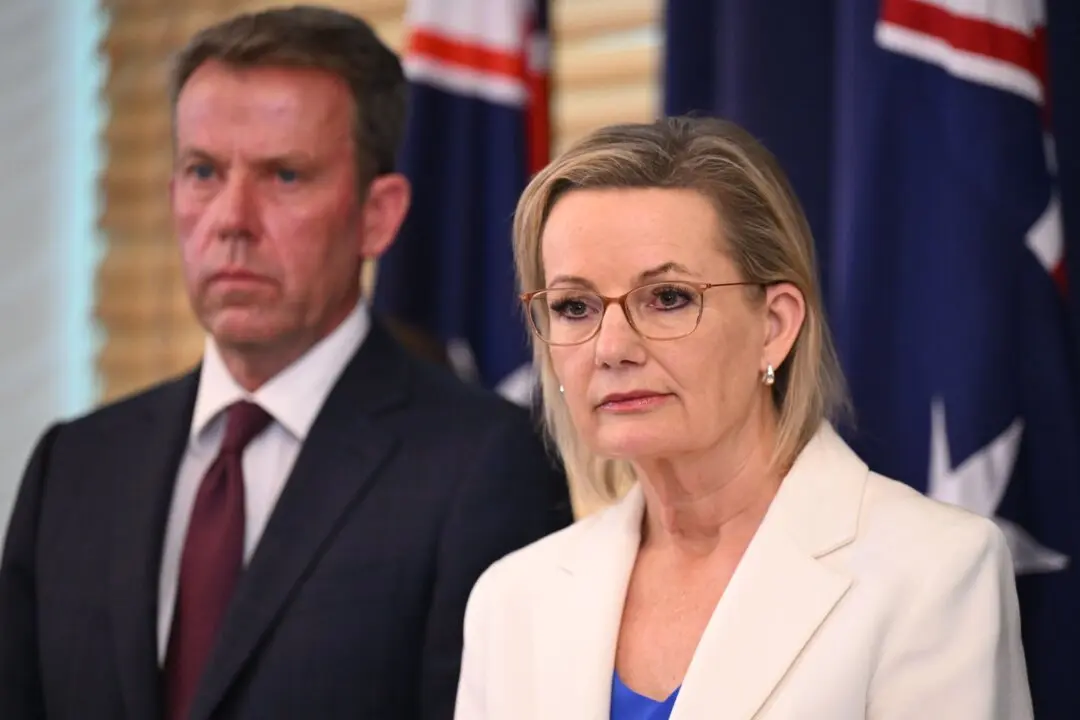United Australia Party leader Craig Kelly has pledged to stand against reconfiguring Australia’s economy to meet net-zero targets, warning it will force the country to give up its competitive advantages to China.
Kelly, who quit the centre-right Coalition government in August 2021, made the comments during the National Press Club debate on May 16 between “The Crossbench” featuring himself, Australian Greens leader Adam Bandt, as well as independents Zali Steggall and Rex Patrick.





